Be the first to review this product
In stock
SKU
CO351A
PRODUCT DETAILS
This is the earliest maturing collard we know of. Start harvesting just 50 days after direct sowing, and the tall, upright plants just keep growing. At maturity the leaves can measure over 60cm (24") from stem to tip, and they are held pointing upward, away from the soil. The petioles are long and substantial for easy bunching, and the plants are highly uniform in size and shape. The bluish green leaves of Top Bunch collards are just slightly savoyed, thick, with large cell walls. Once cooked, the flavour is rich and savory - very nice in soup or simply steamed on its own. Use succession planting from spring to the height of summer for a constant supply of thick, nutritious greens.
Matures in 50 days. (Hybrid seeds)
- Earliest collard on the market
- Matures in 50 days
- Highly uniform
- Great for bunching
All About Top Bunch
Latin
Brassica oleracea var. acephala Family: BrassicaceaeDifficulty
EasySeason & Zone
Season: Cool season. Exposure: Full sun. Zone: Winter hardy to Zone 6.Timing
Direct sow in early spring to mid-summer for summer to winter harvests. Or start indoors 4-6 weeks before the last frost, and transplant out as soon as the soil warms up. Optimal soil temperature: 10-30°C (50-85°F). Seeds should germinate in 7-10 days.Starting
Sow 3-4 seeds 5mm (¼”) deep in each spot you where a plant is to grow. Thin to the strongest plant. Space 45-60cm (18-24″) apart in rows 75-90cm (30-36″) apart.Growing
Ideal pH: 6.0-6.8. Add lime to the bed 3 weeks prior to sowing. Kale likes well-drained, fertile soil high in organic matter. This plant prefers plentiful, consistent moisture. Drought is tolerable, but quality and flavor of leaves can suffer. Mix ¼ cup of complete organic fertilizer into the soil beneath each transplant, or use 1 cup beneath every 3m (10′) of seed furrow.Harvest
Kale and collards can both be grown as a cut and come again crop for salad mixes by direct-seeding and cutting baby leaves. They will re-grow if you pick leaves from the bottom up, as you need them. Continue harvesting lower leaves as they mature—plants will keep producing all season. Kale can overwinter in many areas. In fact, the leaves get sweeter after frost, though growth will slow. In spring, the surviving plants start to flower, so eat the delicious flowering steps and buds.Diseases & Pests
Protect from cabbage moths and other insect pests with floating row cover. Prevent disease with a strict 4-year crop rotation, avoiding planting Brassicas in the same spot more than once every four years.Companion Planting
All Brassicas benefit from chamomile, dill, mint, rosemary, and sage. Avoid planting near eggplants, peppers, potatoes, or tomatoes, as the acidic soil these plants thrive in can cause problems for Brassicas.
| Brand | West Coast Seeds |
|---|---|
| Manufacturer Part Number | CO351A |
| UPC | 687704015259 |
| Family | Collards |
| Days to Maturity | 50 |
| Certified Organic | No |
| Heirloom | No |
| Open Pollinated | No |
| Hybrid | Yes |
| Pack Options | A pack |
| Package Language | English |
| Shipping Type | Seeds |
Customer Questions
Customer Reviews
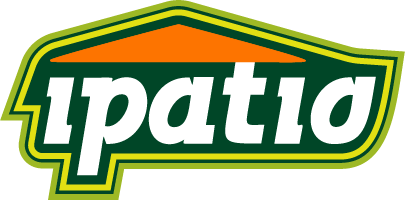





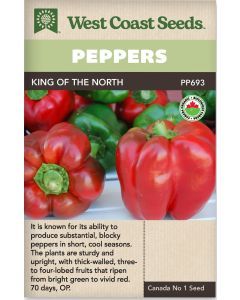





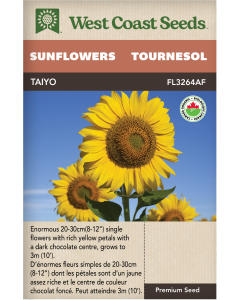


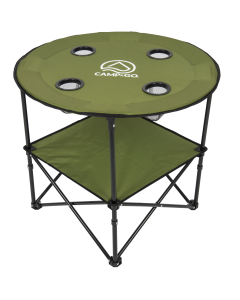
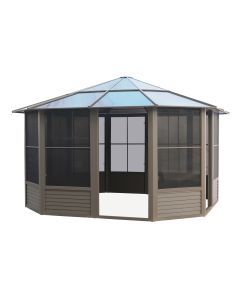
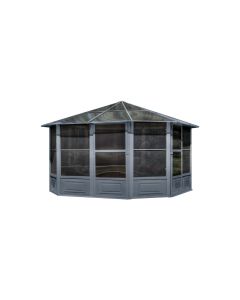
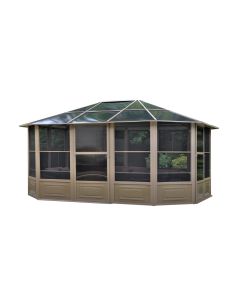

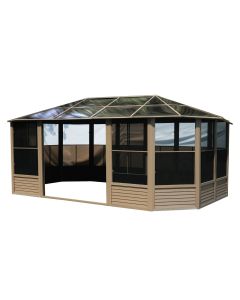
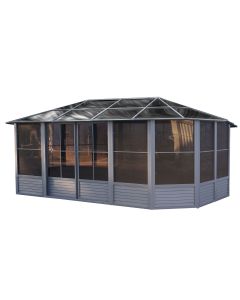
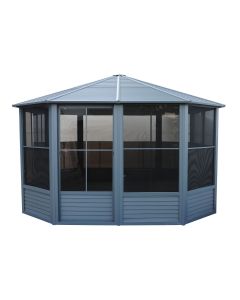
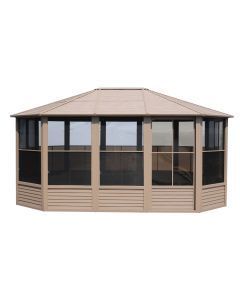
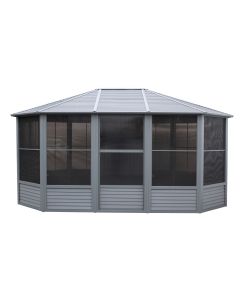

Login and Registration Form